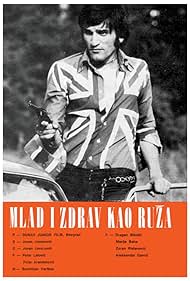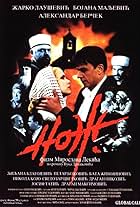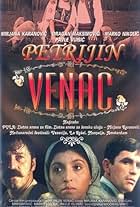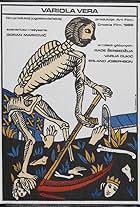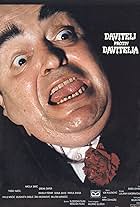There are two important things to bear in mind when discussing the movies such as Young and Healthy As a Rose.
The first thing is that it follows the fashion of the post-hippie era movies. Chaotic storytelling purports to be the true image of things, although, in my opinion, is rather a distorted mirror of reality.
The other thing is the fact that the movie has been made in Yugoslavia in the beginning of 1970's. Although not a part of Eastern Bloc, the censorship has been very strict at the time of movie's creation. Voicing the opinion against the official dogma could have ended up your career or even led you to prison.
Therefore, Young and Healthy As a Rose shouldn't be regarded merely as a precursor of "theater of violence", brought to mainstream by Tarantino. It was also a criticism of a totalitarian regime, despite the vague message it offered.
The movie follows the career of a small time crook who ends up being recruited by the police. He uses his new employment to become the don of the underground and leads a revolt against the system. Back in the day the police really recruited criminals, although it has been secret service which sent them abroad to do their dirty work. At the same time, Yugoslavia was kept free from organized crime.
The main protagonist leads his monologue almost during the entire movie, uninterrupted during most of the dialogs, as well. He is telling a limited amount of stories, but mostly uses one-liners ranging from ancient proverbs over common people's wisdom to elementary school jokes.
Somewhere in the movie Jean-Luc Godard has been mentioned, presumably because he was a part of the inspiration. Some critics assumed that the director foreseen the downfall of Yugoslavia by criminal elements. To underline this they refer to the end of the movie where the main protagonist mentions how he is "(y)our future". Well, this might have been a strike of genius but also could have been just the cocky writer trying to impress the audience.
Whatever the real reason has been, Young and Healthy As a Rose never achieved the notoriety of, for example, Plastic Jesus, produced in the same year. And it serves it right.
